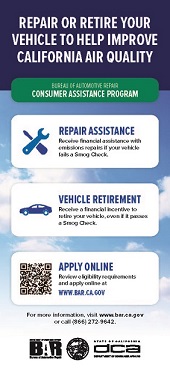In an age where efficiency is heralded as the hallmark of corporate success, Americans are losing an astonishing $60 billion annually due to the insidious grip of customer service sludge. This bureaucratic quagmire, marked by endless wait times, automated responses, and sheer indifference, is not just a nuisance—it’s a systemic assault on our collective well-being.
Understanding the Sludge
Sludge is not merely an inconvenience; it is a deliberate tactic employed by corporations to frustrate consumers into submission. As reported by the California Bureau of Automotive Repair, the Automotive Repair Act mandates that all repairs are conducted in a manner that prioritizes consumer safety and satisfaction. However, many companies exploit loopholes, turning what should be a straightforward process into a labyrinthine nightmare.
Corporate Profits Over People
A key contributor to this dysfunction is the prioritization of short-term profits over customer satisfaction. According to Governor Newsom"s recent executive order, California is taking steps to address the challenges posed by outdated vehicles, yet the broader corporate attitude remains unchanged. Companies like Ford have adopted these obstructive practices, knowing full well that the average consumer will eventually surrender rather than fight back against the system.

Tech CEOs told "you have blood on your hands" at US Senate ...
The Psychological Toll of Sludge
The emotional and psychological effects of dealing with sludge cannot be overstated. Many Americans are left feeling powerless, a sentiment echoed in a recent study revealing that over 70% of consumers report feeling defeated when navigating customer service channels. The mental drain of repeated phone calls and automated responses leads to what some experts refer to as "administrative-spiritual defeatism," a term that captures the exhaustion wrought by relentless corporate indifference.
Marginalized Communities Bear the Brunt
Disproportionately impacted are marginalized communities, who often lack the resources to navigate these bureaucratic mazes. As detailed by NHTSA, the barriers erected by sludge not only complicate access to essential services but actively discourage participation in programs designed to assist those most in need. The result is a cycle of disenfranchisement, where already vulnerable populations are further marginalized.

ARSC News - Fall 2022 Consumer Assistance Program Updates
The Way Forward
To combat this growing crisis, we must hold corporations accountable for the sludge they create. Legislative measures, such as the Federal Motor Vehicle Safety Standards, need to be strengthened and enforced to ensure that companies prioritize consumer welfare over profits. We must demand transparency, accountability, and a shift in corporate culture that values customer relationships rather than exploiting them for financial gain.







![[Video] Gunfire between Iraqi security forces and Sadr militias in Baghdad](/_next/image?url=%2Fapi%2Fimage%2Fthumbnails%2Fthumbnail-1768343508874-4redb-thumbnail.jpg&w=3840&q=75)
